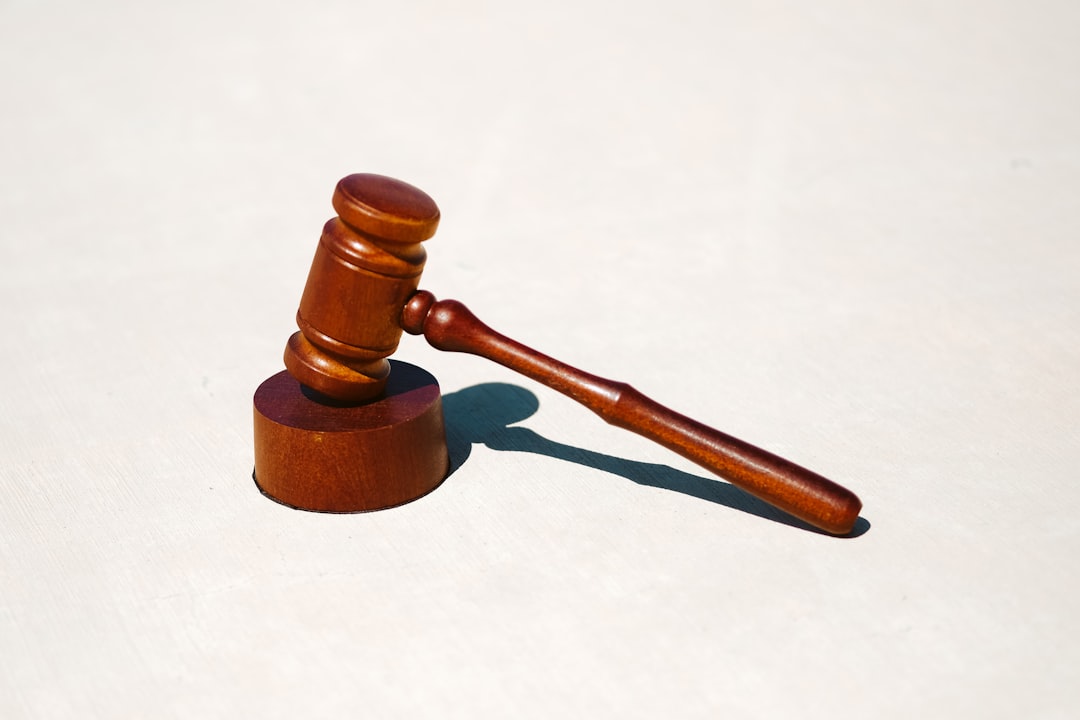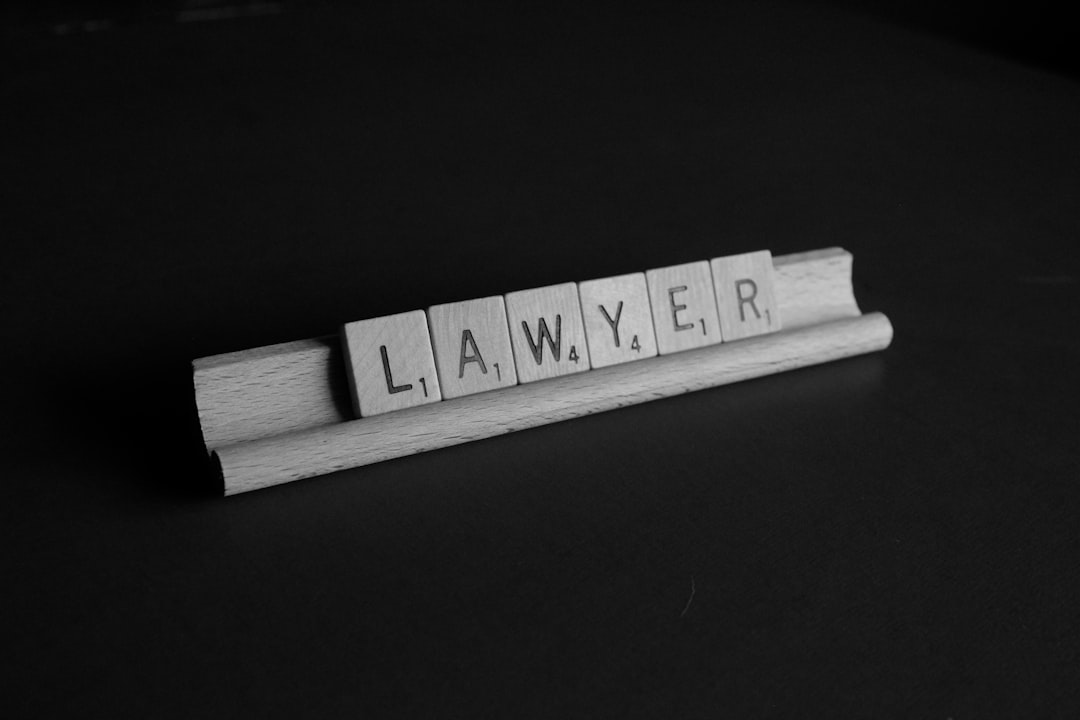Understanding Utah's debt collection laws is vital for debtors and creditors, with regulations protecting consumers while ensuring fair practices. Debt collector Lawyers in Utah interpret these laws, advise on rights, and represent clients in disputes. After a judgment, collection agencies must follow specific methods, and consulting experienced debt collector lawyers ensures legal compliance and improved recovery chances. These professionals guide through complex laws, protect rights, and ensure ethical debt collection. Debtors have specific remedies; consulting a debt collector lawyer helps understand options and ensures adherence to Utah's regulations.
In Utah, understanding the nuances of debt collection laws is crucial for both creditors seeking enforcement and debtors navigating their rights. This article delves into the effective judgment enforcement methods within the state, providing a comprehensive guide for all involved parties. From the legal framework surrounding debt collection to the role of specialized lawyers, we explore the steps required for creditors to reclaim what’s due. Additionally, we highlight the rights and remedies available to debtors facing enforcement actions, ensuring informed decision-making in this complex landscape, with a focus on Utah debt collector lawyers’ expertise.
Understanding Utah's Debt Collection Laws

Understanding Utah’s Debt Collection Laws is crucial for both debt collectors and individuals facing financial hardships. The state has established a legal framework to protect consumers while ensuring fair practices for creditors. In Utah, debt collection activities are regulated by the Utah Consumer Sales Practices Act (UCSPA) and the Fair Debt Collection Practices Act (FDCPA). These laws dictate how debt collectors can communicate with debtors, setting boundaries on aggressive or harassing tactics.
Debt collector Lawyers in Utah play a vital role in interpreting these regulations, advising clients on their rights, and representing them in case of disputes. When a judgment is obtained, debt collection agencies must adhere to specific enforcement methods outlined by Utah law. This includes providing debtors with clear notices, allowing for payment plans, and respecting the debtor’s right to challenge the validity of the debt. Understanding these laws is essential for navigating Utah’s debt collection process effectively.
Judgment Enforcement: Steps for Creditors

When a judgment is obtained in a debt collection case, the next crucial step for creditors is enforcing that judgment. In Utah, there are several methods available to ensure the recovery of debts, including wage garnishments, bank account levies, and asset seizures. Creditors should consult with experienced debt collector lawyers in Utah to navigate this process effectively.
These professionals can guide them through the legal procedures, ensuring compliance with state laws and maximizing the chances of successful enforcement. By understanding their rights and options, creditors can take proactive measures to recover outstanding debts, ultimately leading to a more efficient resolution for both parties involved.
Role of Debt Collector Lawyers in Utah

Debt collector lawyers play a pivotal role in Utah’s debt collection and judgment enforcement landscape. These legal professionals are instrumental in ensuring that creditors’ rights are protected while maintaining fairness for debtors. They navigate complex laws and regulations to guide clients through every stage of the process, from initial collections to obtaining judgments and enforcing them effectively.
In Utah, debt collector lawyers utilize their expertise to interpret state-specific rules, such as those related to statute of limitations, collection practices, and disclosure requirements. Their strategic advice helps creditors avoid legal pitfalls and maximize recovery rates. Furthermore, these lawyers can represent creditors in court, argue for favorable judgments, and oversee the enforcement process, ensuring that debts are collected in a lawful and ethical manner.
Rights and Remedies for Debtors Facing Enforcement

When facing judgment enforcement from a debt collector in Utah, debtors have specific rights and remedies they can exercise. The first step is to understand your options, which often involves consulting with a debt collector lawyer in Utah who can guide you through the legal process. Debtors may challenge the validity of the debt or the collection methods used, ensuring that the debt collector adheres to state laws and regulations. This includes verifying the debt’s accuracy and confirming that the collection agency has the right to pursue enforcement actions.
Additionally, debtors have the right to request validation of the debt, demanding evidence and documentation from the collector. Utah law provides protections for consumers, including limits on interest rates and fees charged during the collection process. Knowing these rights empowers individuals to protect themselves from unfair practices and ensures that any enforcement actions taken are legal and justifiable.






